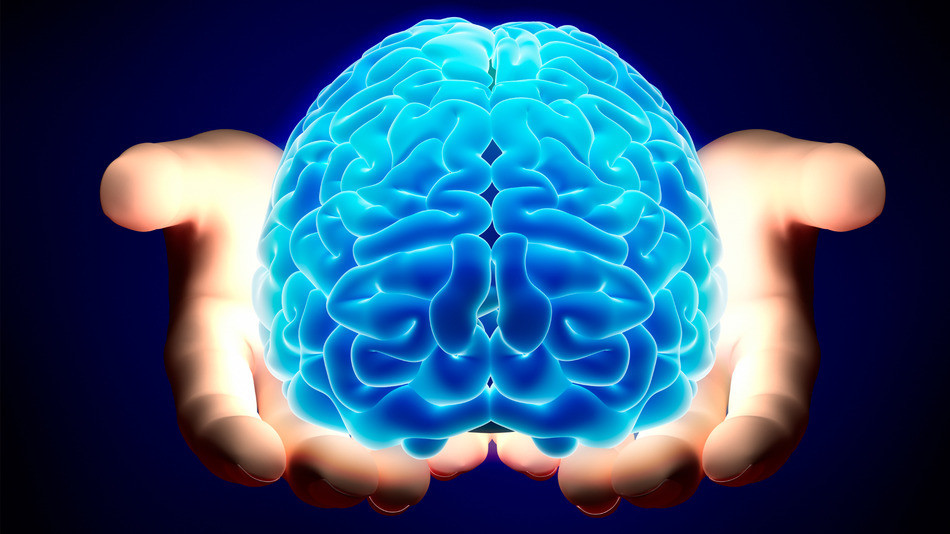Delancy, A. (2015). Success Secrets Revealed: Quickly Planning Your Dreams And Living A Happier Life.
Looking at the question of, who am I? You may come to realize that you have neglected some part of your life, for such a long time that it may be difficult to remember where your journey started. But it is possible to get back on track. To illustrate, one of the splendor of knowing yourself can be likened to riding a bicycle. Sometime years after you have not done so, once you get back on, it is almost automatic. Once you did it before, no matter how long ago, you, in time will get back on and remember how to peddle, balance, how to handle the bar and be confident about it. Similarly, in consciously making that attempt to look into yourself and to realign your thinking, seeing what may have made you stumbled, you will be able to pick yourself up and go again.




